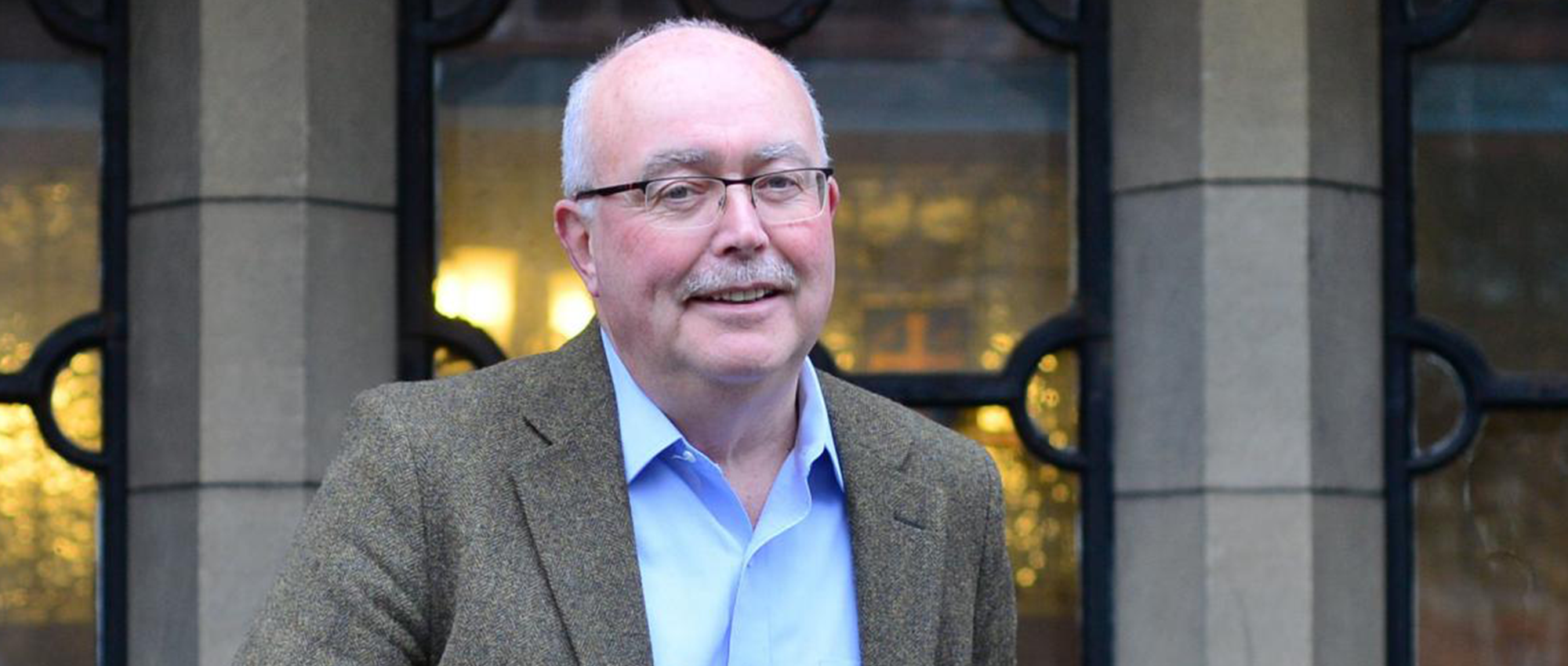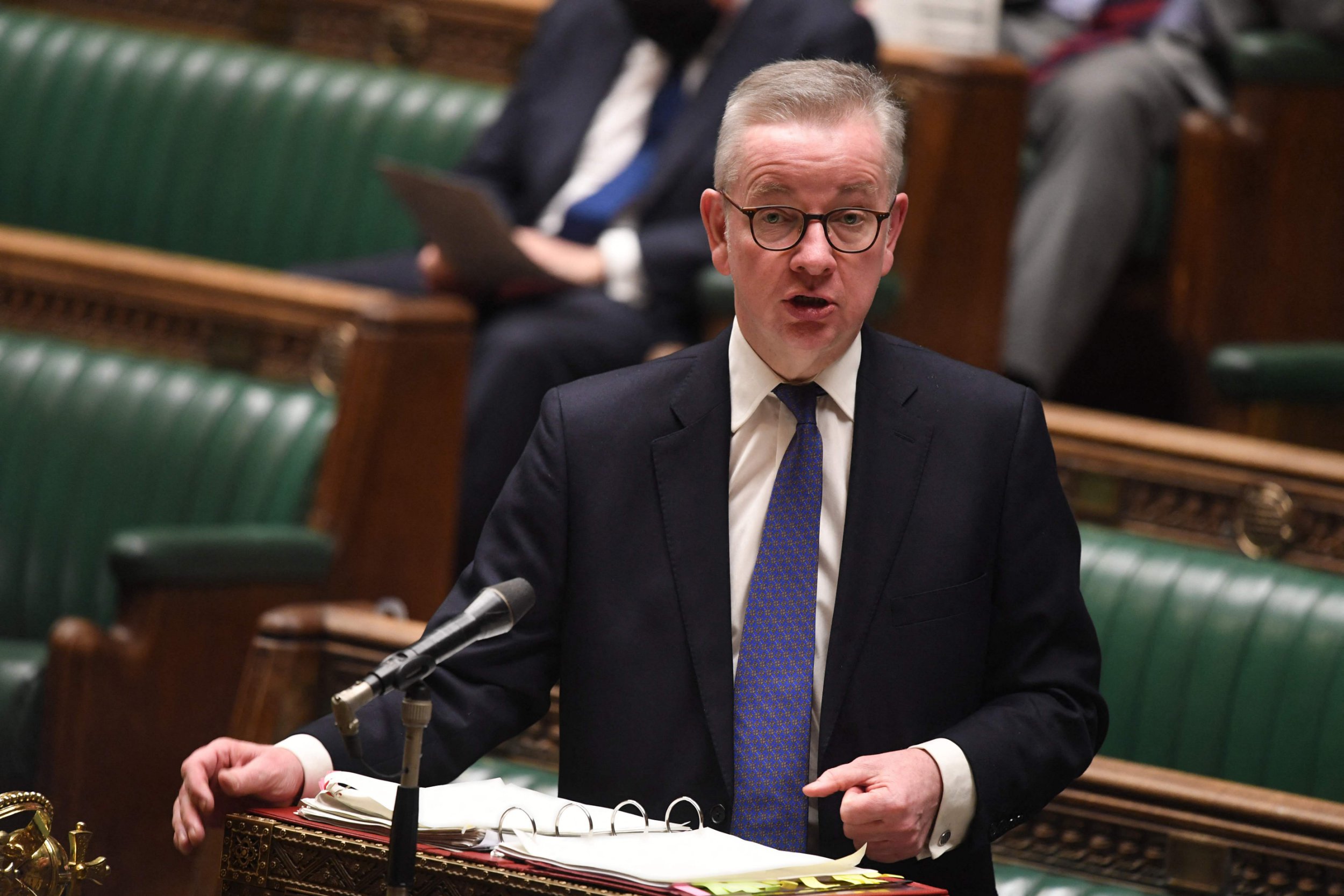In response to the Scottish Government’s plan for Economic Transformation, Professor Ronald MacDonald, the chairman of Our Scottish Future’s Economic Commission said: “This report provides a clear diagnosis of the problems facing the Scottish economy but, on solutions, it is simply a rehash of all the failed scripts we have seen since 2007.”
Continue readingOnly a faltering step to levelling up
Michael Gove’s “levelling up” White Paper is driven by brute politics.
Continue readingCOP shows Scotland can host the Cup
Scotland’s successful staging of COP26 should be used to power ahead the UK wide bid to host 2030 World Cup, the Our Scottish Future campaign says today.
Set up to back fresh ideas for cooperation across the UK, OSF is calling on the four governments of the UK to “put rocket-boosters” under the attempt to football’s biggest tournament.
It follows the commitment by Chancellor Rishi Sunak to invest £11m in a World Cup feasibility study in his November budget.
Today, Shadow Scottish Secretary Ian Murray offers his backing, saying that a successful bid would mean that “finally football can come to its true home – Scotland.”
Under the proposals, the four Home Nations plus the Republic of Ireland would come together to host the 2030 tournament, with matches being staged across the British Isles.
It is hoped that a successful bid would lead to the redevelopment of Hampden park which, along with Murrayfield, would be a potential venue for games held in Scotland.
Our Scottish Future’s campaigns director Eddie Barnes today says that the UK Government should use the COP26 event as evidence that all parts of the UK have the capacity and expertise to stage major global events.
He said: “The funding for a World Cup feasibility study by the Chancellor was a clear sign of our commitment in a joint World Cup bid. All four governments of the UK, plus Ireland, should show a united front in 2022 by giving their full backing to the bid too, and put rocket boosters under our plans.”
“A unique British Isles bid, bringing together five football associations, would be a model for the rest of the world to follow.”
“COP showed we have what it takes to host the Cup. The success of Glasgow in 2021 can be leveraged as evidence that Scotland and all parts of the UK can put on the greatest World Cup ever in 2030.”
Mr Murray said: “A successful home nations bid for the 2030 World Cup would be the biggest boost to Scottish football since the penalty shoot-out that sent us to Euro 2020.”
“During the Euros, both Hampden and Wembley played an important role in hosting some of the best matches of the tournament.
“Although it wasn’t perfect, COP26 showed that Glasgow, Scotland and UK can host the world.
“The Scottish and UK Governments should work together so that we can realise the dream of hosting the World Cup.
“And then finally, football can come to its true home – Scotland.”
A Consequential Budget: £8bn of Extra Choice
After 18 months where people have had their wages paid by the chancellor, nobody in Scotland needs any reminder of how important the budget is to our day to day lives. After an extraordinary year the collectively face extraordinary challenges. From the cost of living crisis, funding our public services to saving the planet, now is the time for government action. Many people will be asking how this budget is going to impact themselves, their family and their business.
Continue readingUK-Scottish Government Jobs Support Needed for 70,000 at Risk Young Scots
The UK and Scottish Governments must work together to prevent as many as 70,000 young Scots falling into unemployment, a new report by Our Scottish Future declares today.
Published a year on from the Scottish Government’s Young Persons Jobs Guarantee, the paper finds that ambitious plans by both governments to support 18-24 year olds into work are yet to have a major impact on the ground.
On the UK Government’s Kickstart programme – which was designed to create 250,000 paid work placements for young people across the UK – the paper finds that only 4,400 job starts have so far been created across Scotland.
The Scottish Government’s own Scottish Youth Guarantee – which was designed to ensure every 16-24 year-old was in work, education, training or volunteer work over the next two years – is pledging to create 24,000 ‘new and enhanced’ jobs and opportunities for young people but, as of June, had signed up only 45 employers to partner the scheme.
It welcomes the funding and action by both Governments but says poor implementation and a lack of coordination between the two is damaging their chances of success.
Despite high numbers of vacancies, it is feared that young people are not getting into work because they lack the qualifications or skills to pick up available opportunities.
The paper says the official figure of 41,000 unemployed under 25s in Scotland “significantly underplays the true scale of Scotland’s youth unemployment crisis” and warns the number will increase once furlough ends.
It argues: “In reality, we face perhaps a minimum of 50,000 unemployed young people across Scotland, with a further 10,000 economically inactive searching for work – bringing the total NEET (not in education, employment or training) to 60,000, with the potential to rise over 70,000 in the coming months.”
It recommends that:
- Scottish Government should examine the feasibility of a Scottish Public Sector Guarantee for every under 25 year old without a job
- UK Government departments, Scottish Government and local authorities convene a joint taskforce to set out a shared plan of action
- Scottish Government and local authorities are given Kickstart funds directly to aid implementation
- Kickstart is extended to September 2022
- SMEs are given more incentives to hire young people on apprenticeships
- A long term overhaul of Scottish youth opportunities
The paper is the first publication of the newly formed Our Scottish Future Economy Commission, chaired by Glasgow University’s Professor Ronnie MacDonald.
Writing in the foreword to the paper, Professor MacDonald says: “As our report shows, various high profile Government policy initiatives – from Holyrood’s Youth Jobs Guarantee, to Westminster’s Kickstart programme – are not yet having the impact that was initially hoped for, nor acting with the urgency the crisis requires.”
“The Governments in London and Edinburgh must now come together to plan an integrated approach so that young people are not left behind once again.”
“Our report sets out recommendations on how to do so – centred around a genuine Youth Jobs Guarantee which does what it says: guarantees that every young person who wants to work gets to work this autumn. We also call for reform of longer-term employment support.”
Existing data has already shown that young Scots are nearly twice as likely to have been furloughed over the last 15 months and are two and a half times as likely to work in sectors which have been hit hardest by the pandemic, such as hospitality and retail.
Today’s paper concludes: “This political will is to be welcomed, as are the significant resources that have been allocated. However, the roll-out of job support programmes has not made sufficient inroads to tackle the scale of the crisis we face in Scotland. It is due to poorly designed policies, a lack of consultation with business and enterprise, administrative bureaucracy driving delays, and – above all – the absence of genuine coordination between UK and Scottish government.”
Our Scottish Future is a campaign set up to promote greater cooperation across the United Kingdom. It has set up four Commissions on the economy, the environment, poverty and healthcare to highlight the need for greater cooperation and to make recommendations on how to deliver a more coordinated approach.
1. Figures on the UK Government’s KickStart programme are here:
Written questions and answers – Written questions, answers and statements – UK Parliament
2. This week’s Programme for Government committed to “continue to invest” in the Young Person’s Guarantee and aims to provide 24,000 “new and enhanced jobs, skills and training opportunities.”
In response to the Scottish Parliament Information Centre, the Scottish Government has stated that “As of 1 June, there were 45 employers signed up to the Young Person’s Guarantee and we are continuing to engage with employers to encourage further sign up.”










